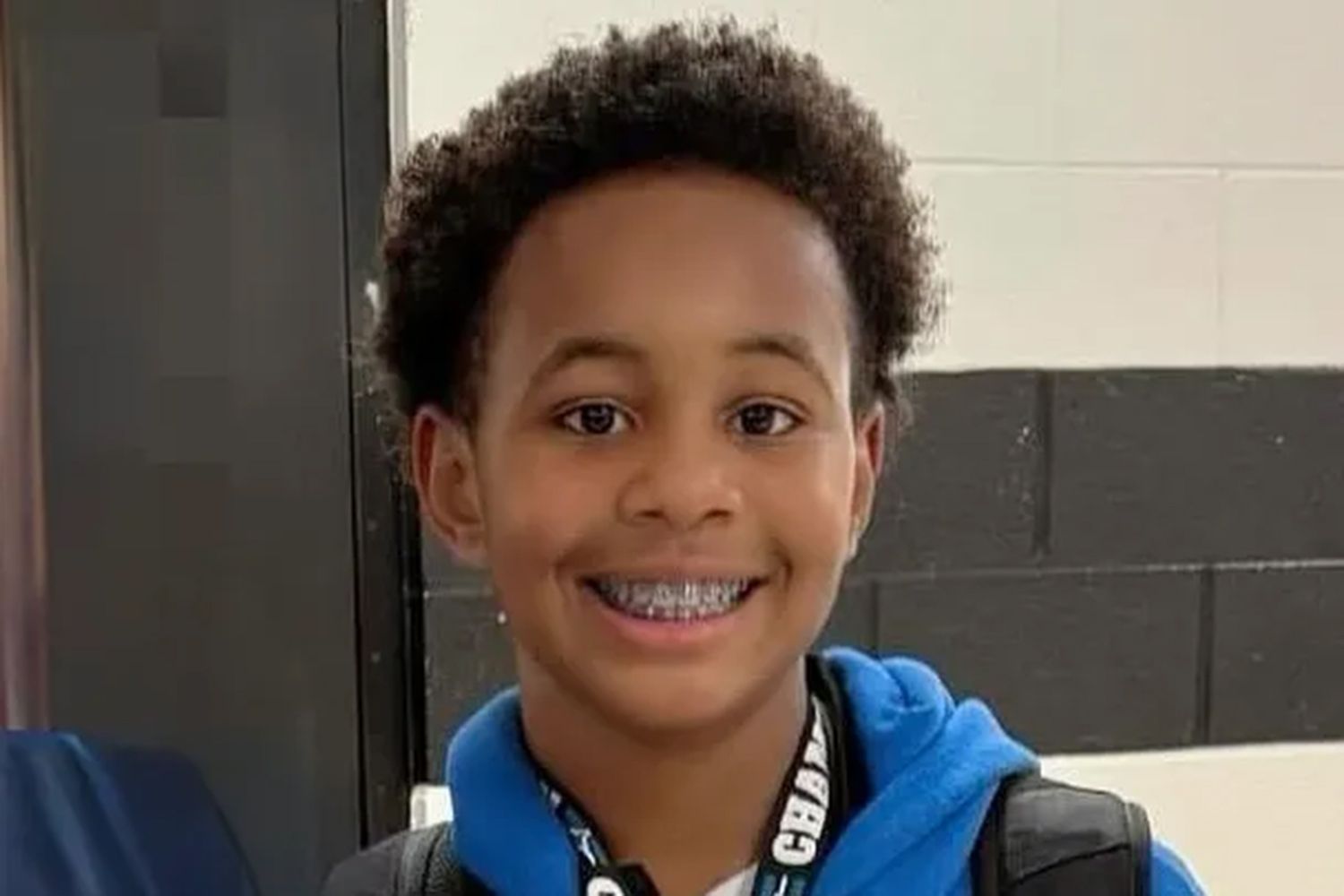NEED TO KNOW
- A 12-year-old boy who died of a brain-eating amoeba was identified as Jaysen Carr
- Carr was diagnosed with a deadly brain infection on July 7 and passed away on July 18
- He is believed to have been exposed to the organism while swimming in Lake Murray in Columbia, S.C.
The identity of the young boy who died from brain-eating amoeba Naegleria fowleri after going swimming in a South Carolina lake was revealed.
On Thursday, July 24, Jaysen Carr’s family spoke out, revealing that he had tragically died on July 18 after being exposed to the deadly disease while swimming in Lake Murray in Columbia, S.C.
“Jaysen’s family is grieving this unthinkable loss, but they are also grateful at the outpouring of love and support they have received from the community,” the Carr family’s lawyer, Tyler Bailey, said in a statement shared with WIS News 10. “The family has many questions about how and why Jaysen died and wants to do everything in their power to ensure this doesn’t happen to another family.”
The statement continued, thanking the medical experts at Prisma Health Children’s Hospital – Midlands “for their dedicated care and compassion for him and their entire family.”
Bailey shared a secondary statement on his law firm’s Facebook page, writing, “Jaysen was a bright and beloved student at Hand Middle School. His loss is unimaginable, and our hearts are with his family as they grieve their son and search for answers.”
The South Carolina Department of Public Health confirmed to PEOPLE earlier this week that Carr’s diagnosis with the rare and most often deadly infection was revealed on July 7. While they said that they believed the exposure occurred in Lake Murray, the organization said that it “cannot be completely certain as this organism occurs naturally and is present in many warm water lakes, rivers and streams.”
The CDC identifies Naegleria fowleri as a “free-living ameba, a kind of one-celled organism that thrives in warm freshwater lakes, rivers and hot springs.” Contracting an infection from the organism is “nearly always fatal.”
Exposure to the organism caused an infection of the brain called primary amebic meningoencephalitis. Per the CDC, there have been 167 cases in the United States between 1962 and 2024. Only four of those patients have survived.
South Carolina State Epidemiologist Dr. Linda Bell told WIS News 10 that Carr’s diagnosis should not cause mass panic, explaining that only 10 cases of the infection occur in the year. She said that this “really indicates that recreational water activities for the general public are actually quite safe.”
She continued, saying, “We do recommend that people observe certain safe swimming behaviors. There are certain things that can increase the risk, but as we know, people participate in swimming, water skiing, diving, all sorts of things. And the fact that this is so rare in the United States tells us that these warm bodies of water do not pose a significant threat for this particular organism.”
A GoFundMe raising money for Carr’s family has already collected nearly $36,000 in donations at the time of publishing. Organizers are hoping to raise at least $55,000.
Never miss a story — sign up for PEOPLE’s free daily newsletter to stay up-to-date on the best of what PEOPLE has to offer, from celebrity news to compelling human interest stories.
“Jaysen bravely faced a tough medical battle, and while his strength inspired so many, the journey has left the Carr family with numerous unexpected expenses. As they navigate this heartbreaking loss, we want to come together to help ease their burden,” a description on the fundraiser reads.
It continued: “Please consider donating to support the Carr family during this devastating time. Your generosity will help cover expenses and give them space to grieve without the added weight of financial stress. Every donation, share, and prayer means the world.”
Read the full article here

















